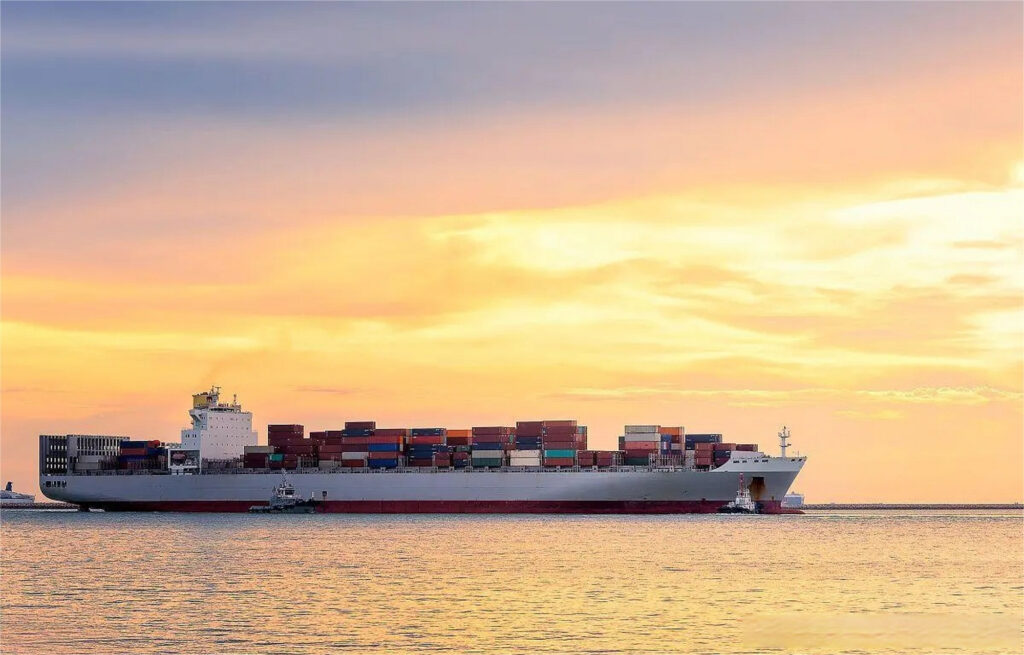- By TOP CHINA FREIGHT
- April 14, 2025
- Shipping
How to Understand Incoterms for China-Saudi Arabia Shipping
When you ship goods from China to Saudi Arabia, understanding Incoterms is crucial. These terms define the responsibilities of buyers and sellers during shipping. Whether you’re considering transit time, customs clearance, or logistics solutions, knowing how Incoterms work will help you navigate the shipping process with ease.
In this article, we’ll explore the key Incoterms, their impact on shipping costs and transit time, and how they affect China to Saudi Arabia logistics solutions and customs clearance. This knowledge ensures your goods move smoothly across borders.
1. What Are Incoterms?
Incoterms, short for International Commercial Terms, are internationally recognized rules that define the responsibilities of both buyers and sellers in international trade. They clarify key aspects like:
- Who pays for shipping costs
- Who arranges and pays for insurance
- Who handles customs clearance
- Who assumes responsibility for goods at different points in the shipping process
When shipping from China to Saudi Arabia, knowing which Incoterm to use will prevent misunderstandings, reduce risks, and improve efficiency.
2. Key Incoterms for China-Saudi Arabia Shipping
Several Incoterms are commonly used for China to Saudi Arabia shipping. Understanding their differences will help you choose the best one for your transaction:
A. EXW (Ex Works)
With EXW, the seller makes the goods available at their premises or another agreed location. The buyer takes full responsibility for all shipping costs, customs clearance, and risk as soon as the goods are made available. This term is often used when the buyer is experienced in handling logistics.
B. FOB (Free On Board)
FOB means the seller delivers the goods on board a vessel nominated by the buyer. Once the goods are loaded onto the ship, the buyer assumes responsibility for the costs and risks. This term is commonly used for sea freight when shipping from China to Saudi Arabia.
C. CIF (Cost, Insurance, and Freight)
CIF requires the seller to pay for shipping, insurance, and freight to the destination port. The buyer assumes responsibility once the goods are loaded onto the ship. This Incoterm is ideal for sea freight because it provides coverage during transit.
D. DDP (Delivered Duty Paid)
DDP is the most seller-friendly term. The seller is responsible for shipping, insurance, and customs duties. The goods are delivered to the buyer’s door in Saudi Arabia, with all costs and risks handled by the seller until delivery. This option is perfect for those seeking door-to-door shipping.
3. Understanding Transit Time for China to Saudi Arabia Shipping
When shipping goods from China to Saudi Arabia, transit time is an essential factor. The time can vary based on your chosen shipping method:
Sea Freight: Sea freight is generally the most cost-effective method, but it’s slower. The transit time for China to Saudi Arabia shipping by sea ranges from 20 to 30 days, depending on the departure and arrival ports.
Air Freight: Air shipping is much faster, typically taking between 3 and 7 days, but it’s also significantly more expensive than sea freight.
The transit time depends on your service choice, whether you use freight forwarding or opt for door-to-door shipping.
4. China to Saudi Arabia Logistics Solutions
A reliable logistics solution is vital for smooth transportation when shipping from China to Saudi Arabia. Depending on your needs, several options are available:
Freight Forwarders: These professionals handle your shipment’s logistics from start to finish. They ensure that your goods are transported securely, whether by air, sea, or land, and take care of customs clearance.
Freight Consolidation: If you’re shipping smaller volumes, consolidation helps reduce costs by combining shipments from multiple sellers into a single container.
Door-to-Door Services: If you want convenience, many logistics companies offer door-to-door services. These solutions manage everything, from packaging to delivery, making it ideal for businesses without in-depth knowledge of international shipping.
5. Customs Clearance for China to Saudi Arabia
Customs clearance is a crucial part of international shipping. You need to understand how it works when shipping from China to Saudi Arabia. Saudi Arabia has specific regulations regarding imports, including:
Documentation: You’ll need to provide documents like invoices, packing lists, and certificates of origin.
Customs Duties and Taxes: Saudi authorities calculate customs duties and taxes based on the value of the goods and their classification under local customs laws.
Compliance: Ensure that your goods comply with Saudi regulations. For example, electronics or food items may require additional certifications.
A China to Saudi Arabia freight forwarder can help you manage customs clearance and ensure that all required paperwork is prepared correctly.

PAA (People Also Ask)
1. What Incoterms are best for shipping from China to Saudi Arabia?
The best Incoterms depend on your needs. FOB and CIF are popular for sea freight, while EXW is ideal if you want to manage shipping logistics. DDP is best if you prefer a hassle-free, door-to-door service.
2. How long does shipping from China to Saudi Arabia take?
The transit time varies: air freight typically takes 3-7 days, while sea freight takes 20-30 days. The shipping method and specific route will determine the exact time frame.
3. How can I ensure smooth customs clearance when shipping from China to Saudi Arabia?
To ensure smooth customs clearance, work with a reliable freight forwarder experienced in Saudi regulations. Prepare all required documentation and ensure compliance with local standards.
4. What are the best logistics solutions for China to Saudi Arabia shipping?
The best logistics solutions include freight forwarding, consolidation, and door-to-door shipping. These options streamline the process and ensure efficient delivery.
Tags :
- Air Freight China to Saudi Arabia
- China to Saudi Arabia logistics solutions
- Customs Clearance China to Saudi Arabia
- Freight Forwarding
- Incoterms for China-Saudi Arabia shipping
- Sea Freight China to Saudi Arabia
- Shipping costs China to Saudi Arabia
- Shipping from China to Saudi Arabia
- Transit time China to Saudi Arabia
